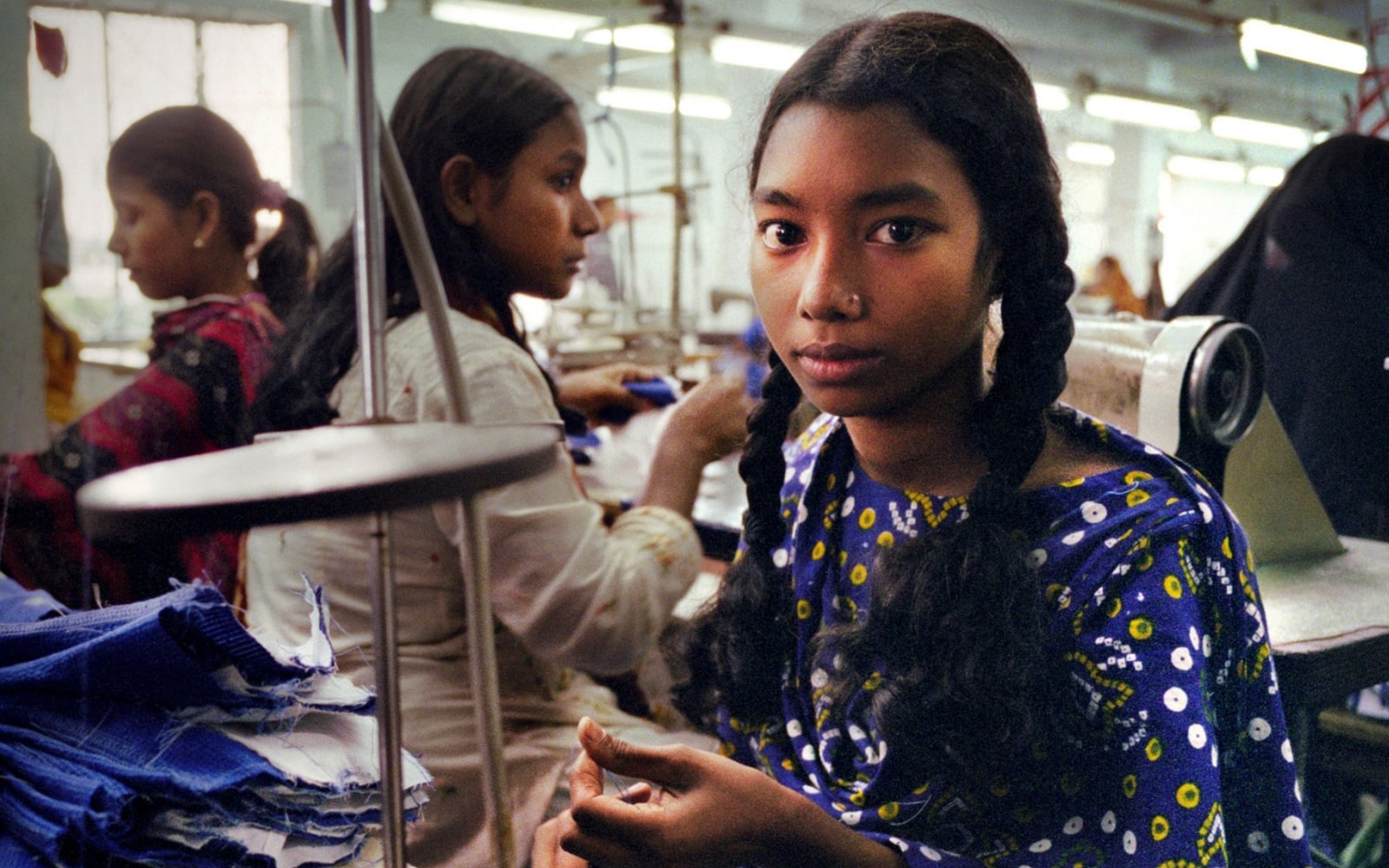Info Hub
Information about the garment industry, living wages, and campaign updates

Articles
Rana Plaza Graphic Novel
(opens in new window)Read Rana Plaza, a graphic novel by artist François Simard which tells the story of the Rana Plaza building collapse. We hope that this will encourage you to act in solidarity with Bangladeshi workers in order to create a world filled with justice and solidarity.
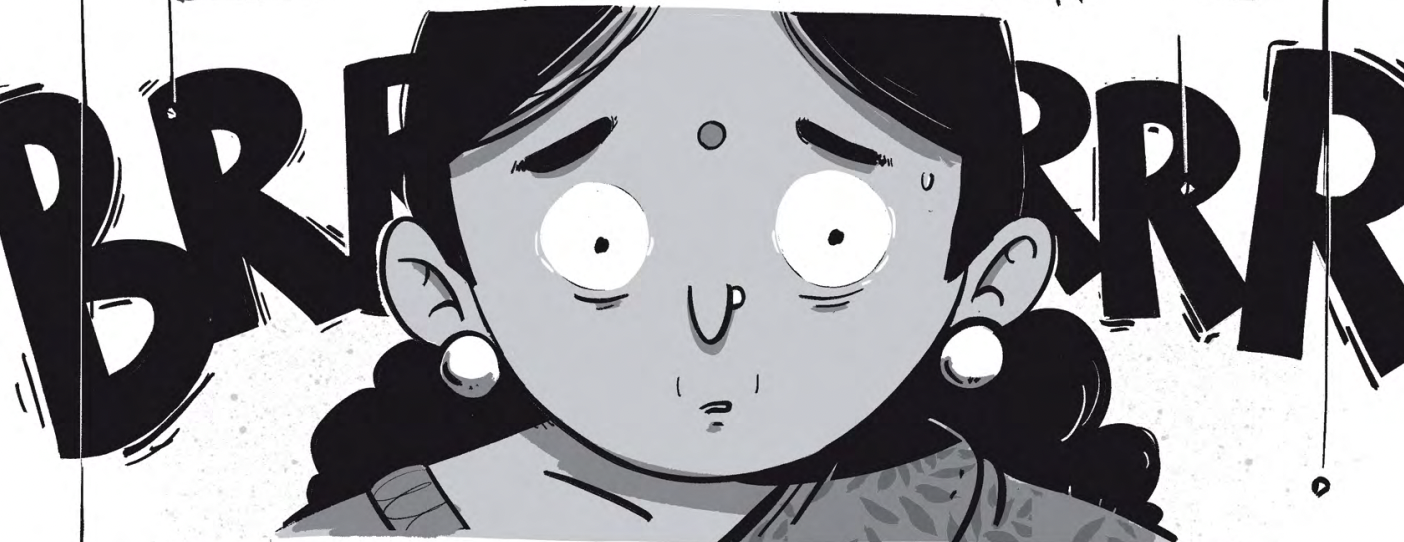
On Bill S-211: An Act To Enact The Fighting Against Forced Labour And Child Labour In Supply Chains Act
Learn about Oxfam Canada's submission on Bill S-211: An Act to enact the Fighting Against Forced Labour and Child Labour in Supply Chains Act to the Standing Committee on Foreign Affairs and International Development.
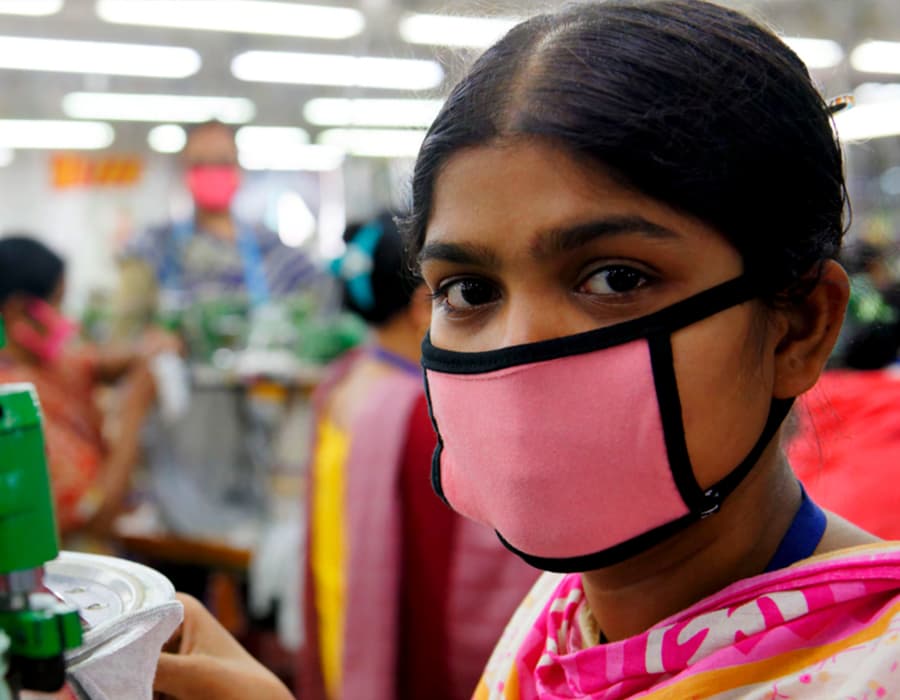
The 2022 Naughty or Nice List
Which Canadian fashion brands made a real commitment to a living wage, and who is lagging behind?

Explainer: Stuff Companies Say
Learn how to reply to fashion companies when they tell you about where their clothes are made and what they pay garment workers.
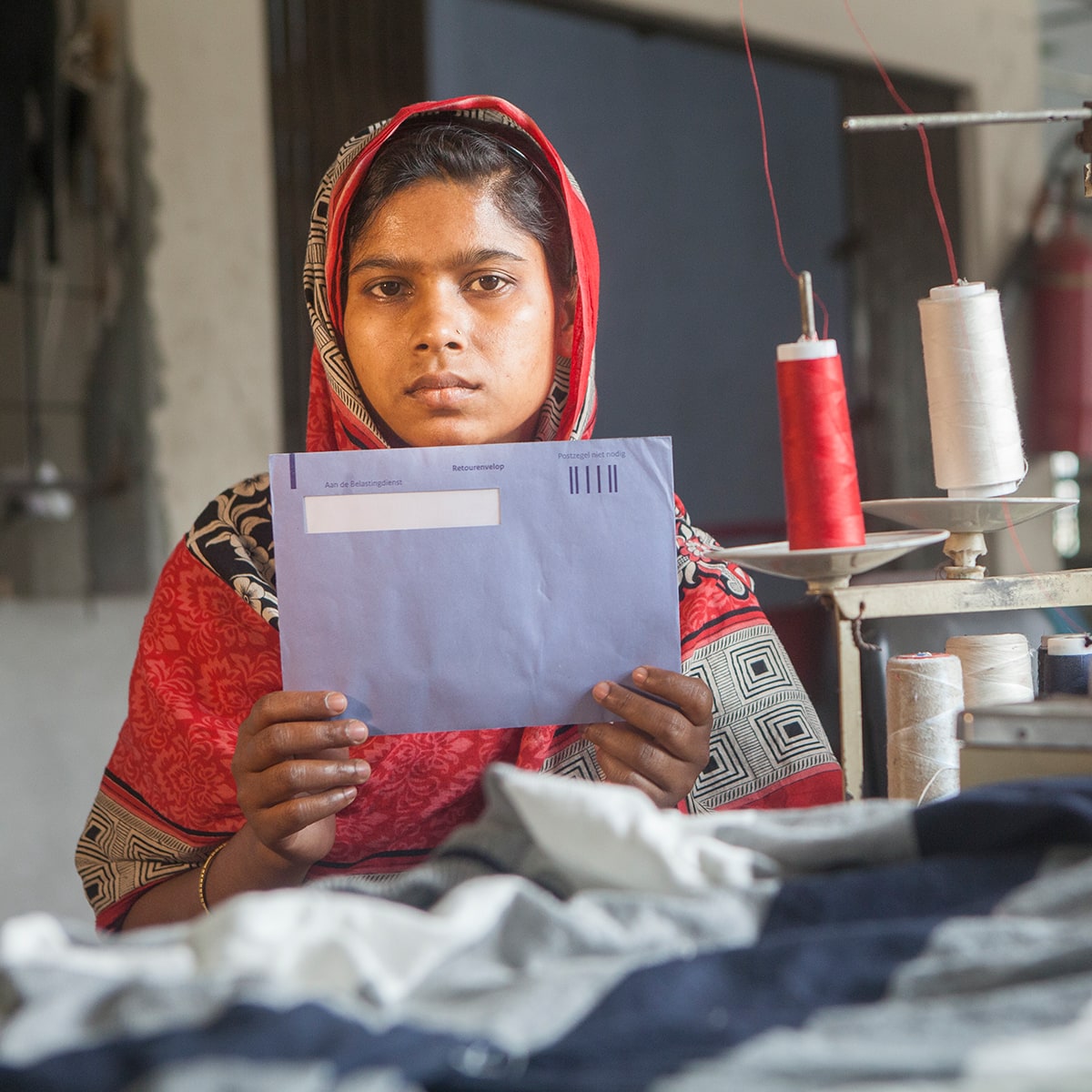
Op-Ed: Leader or laggard? Canada is at the crossroads of corporate accountability
(opens in new window)Our op-ed on why the government must adopt legislation to ensure Canadian companies respect human rights and the environment abroad.
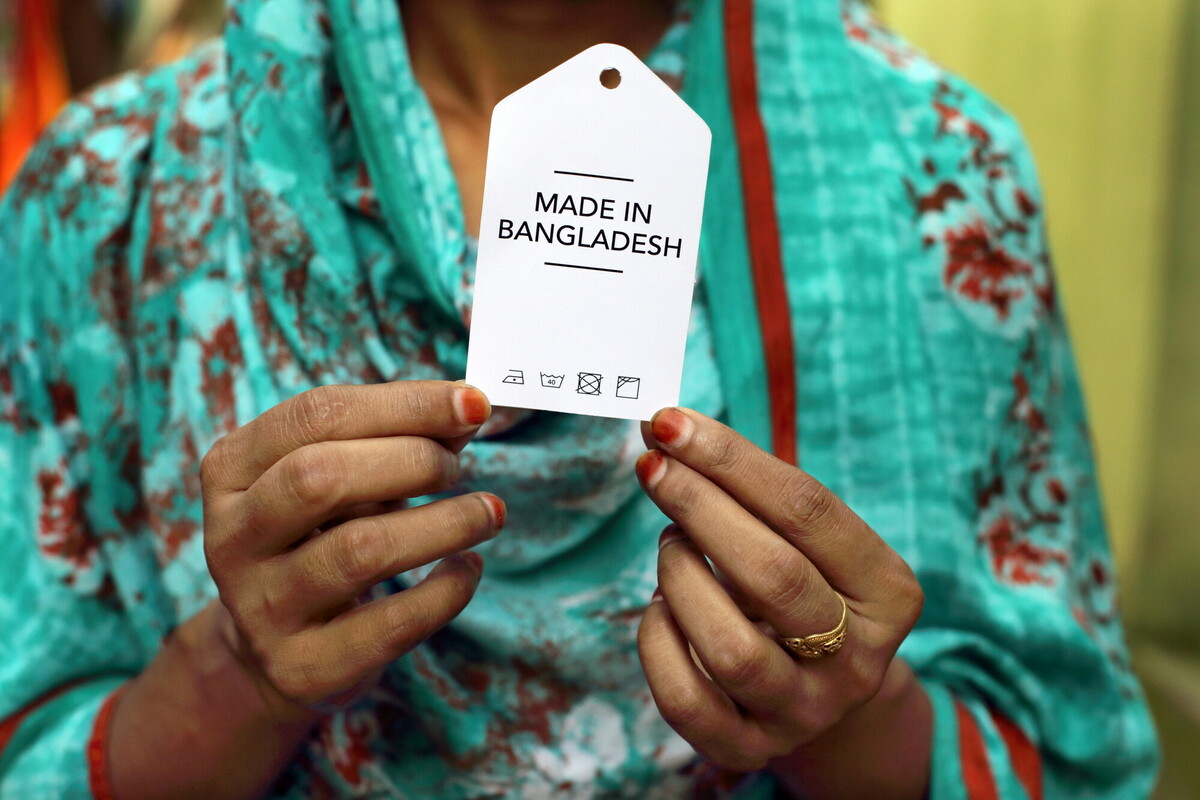
Backgrounder on Transparency: The What She Makes Brand Tracker
Do you know where your clothes come from? Learn how Aritzia, Herschel Supply Co., Joe Fresh, lululemon and Roots stack up in terms of supply chain transparency.
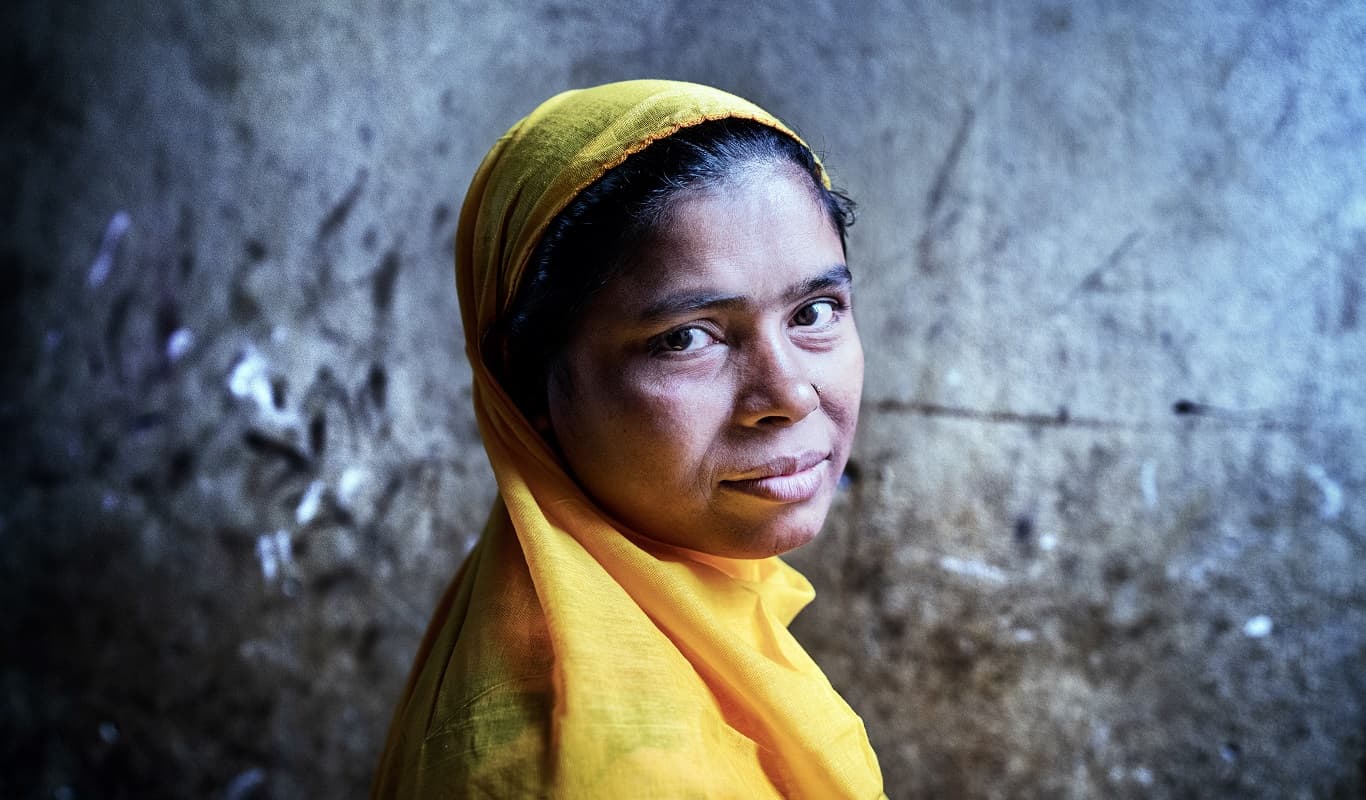
Blog: How 5 Of Your Favourite Companies Rate on Supply Chain Transparency
(opens in new window)Supply chain transparency is a growing trend in the fashion industry. Learn how Aritzia, Herschel Supply Co., Joe Fresh, lululemon and Roots stack up.

Blog: Good Luck Finding Out Who Makes Your Clothes
(opens in new window)Despite some progress after the Rana Plaza collapse in 2013, wages in the Bangladesh garment industry remain extremely low and workers’ lives have seen little improvement over the past decade.
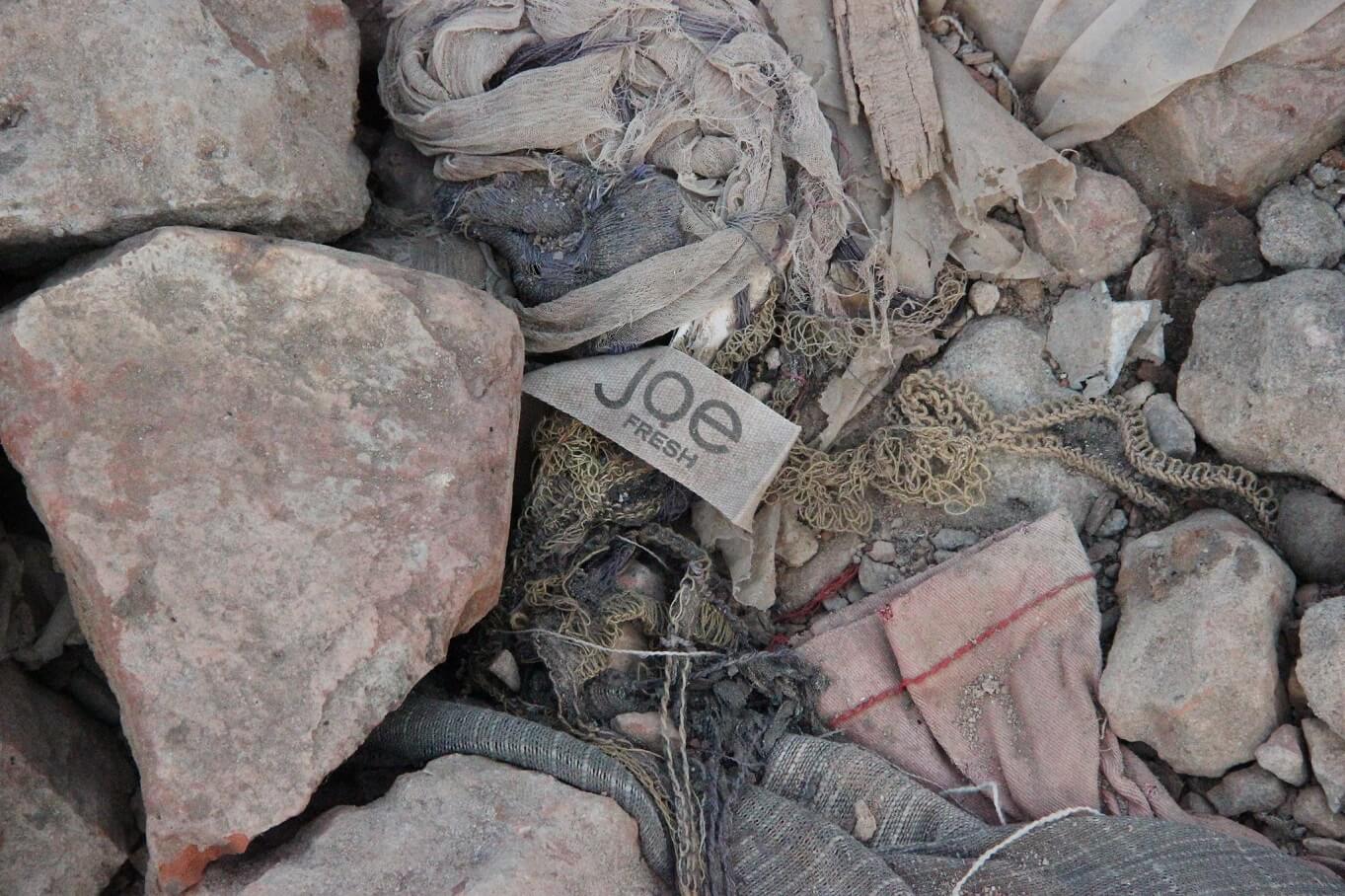
Report: Women Garment Workers and COVID-19 in Bangladesh
This report finds that COVID-19 has increased vulnerability for garment workers in Bangladesh, while legal protections and grievance mechanisms are “limited".
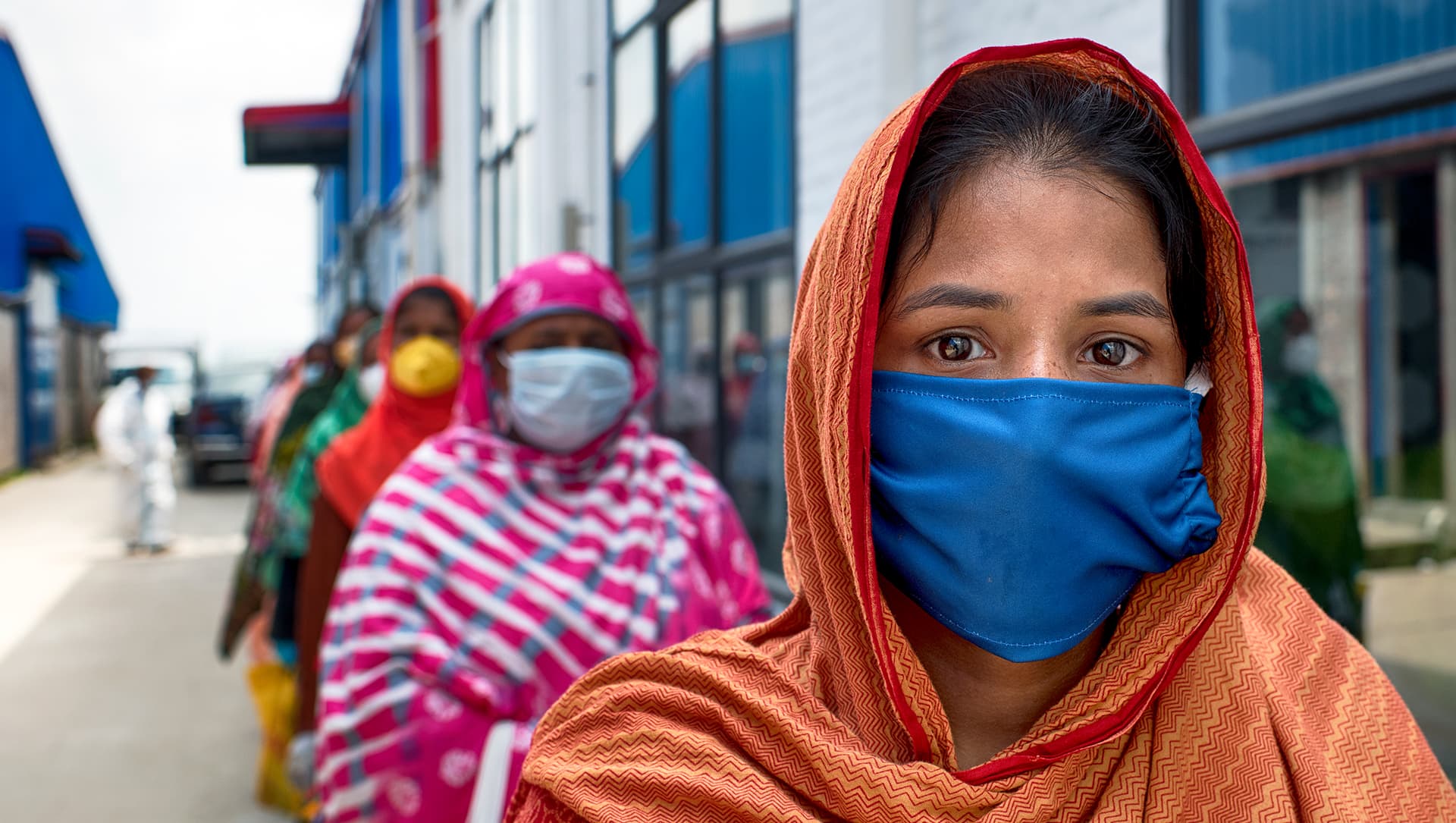
Blog: Where Fashion Brands Stand on Living Wages
(opens in new window)A commitment to living wages with clear timeframes and milestones is critical for brands to start paying a living wage in their supply chains.
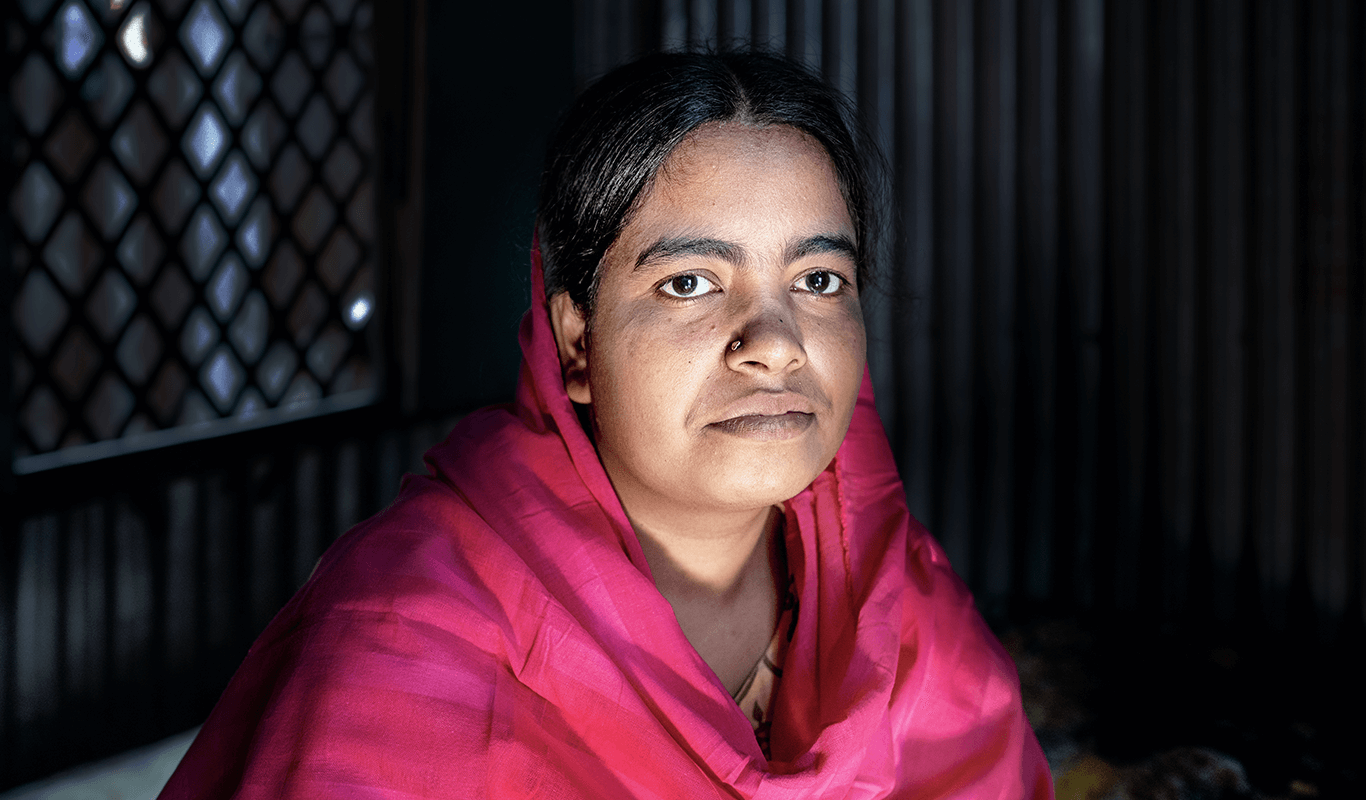
Backgrounder on Making A Commitment: The What She Makes Brand Tracker
This What She Makes backgrounder provides information on the first milestone highlighted on our Brand Tracker: making a commitment.
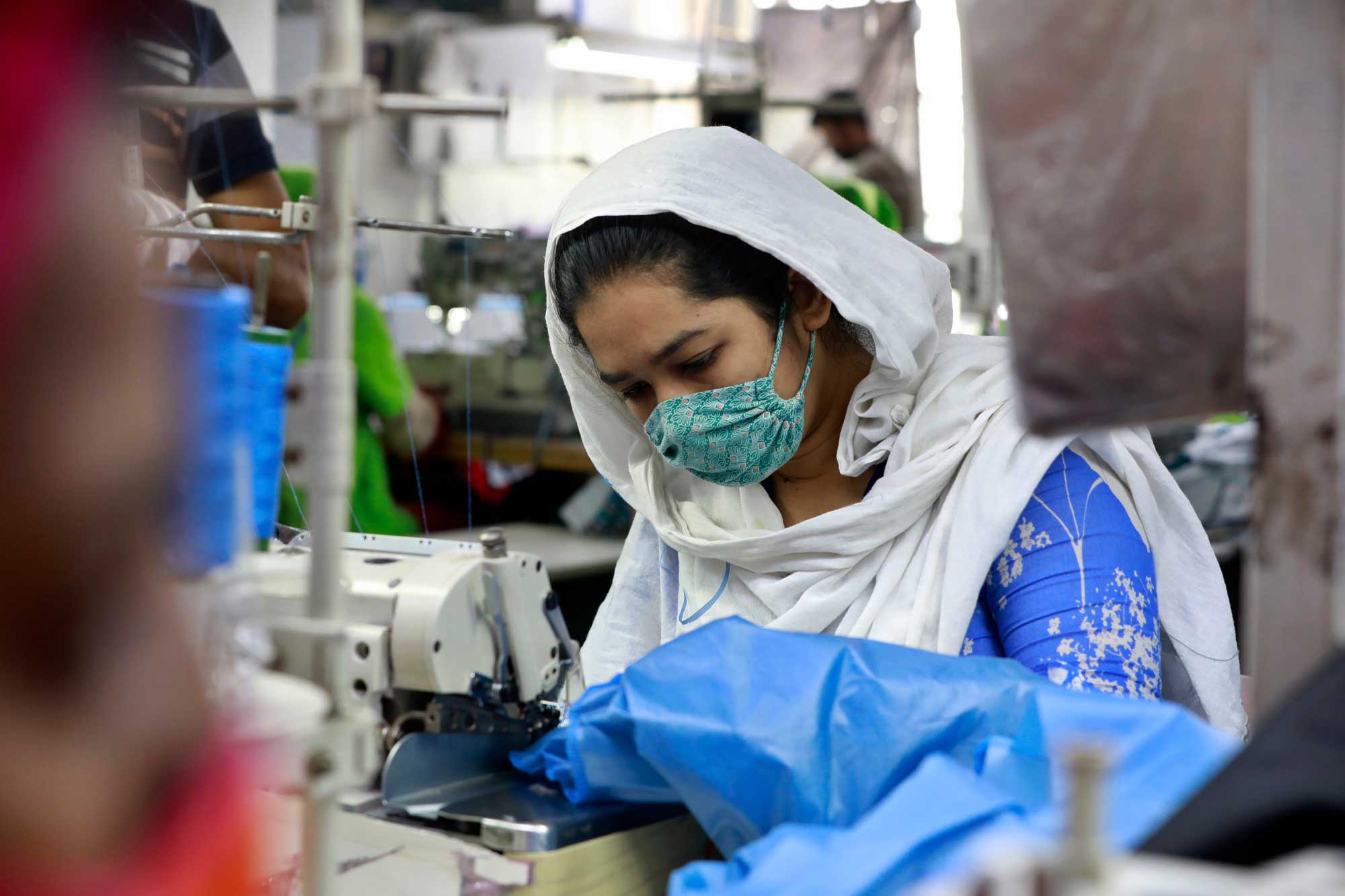
Explainer: Runway to a Living Wage
The primary asks of the Oxfam What She Makes campaign are focused on the long-term need for the payment of a living wage. Oxfam Canada’s Runway to a Living Wage approach is based on three pillars. Learn how we go about rating fashion brands and tracking their progress towards paying a living wage.
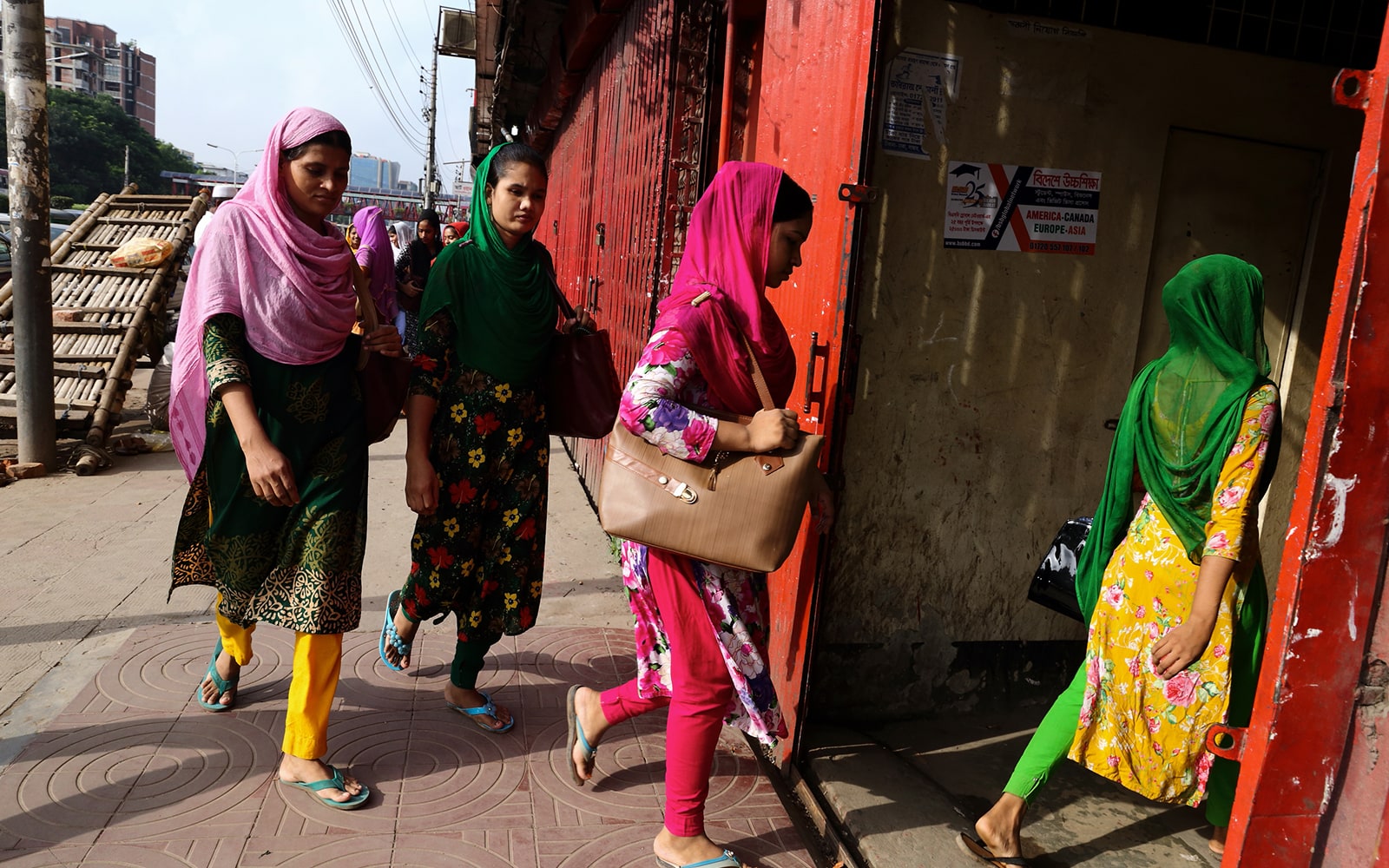
Campaign Brief: What She Makes Is Keeping Her In Poverty
The What She Makes campaign is calling on Canadian fashion brands to pay a living wage in their supply chains and uphold international labour rights.
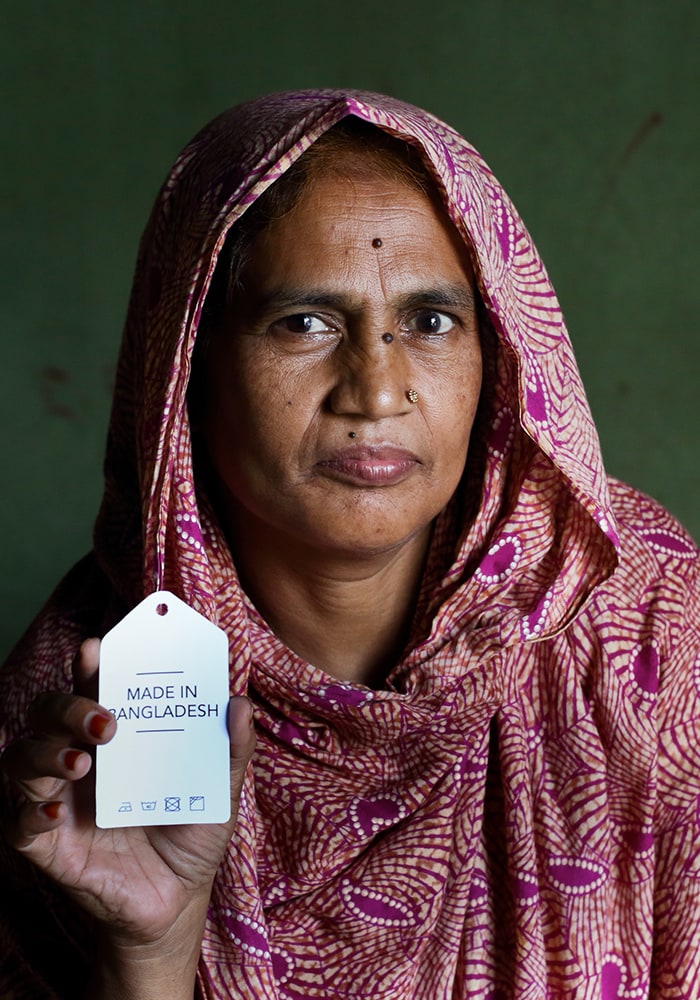
Report: Shopping for a Bargain
(opens in new window)Oxfam and Monash University conducted this groundbreaking research, which reveals the poor business practices of big Australian fashion brands, which exploit the women who make our clothes and keep them trapped in poverty, no matter how hard they work.
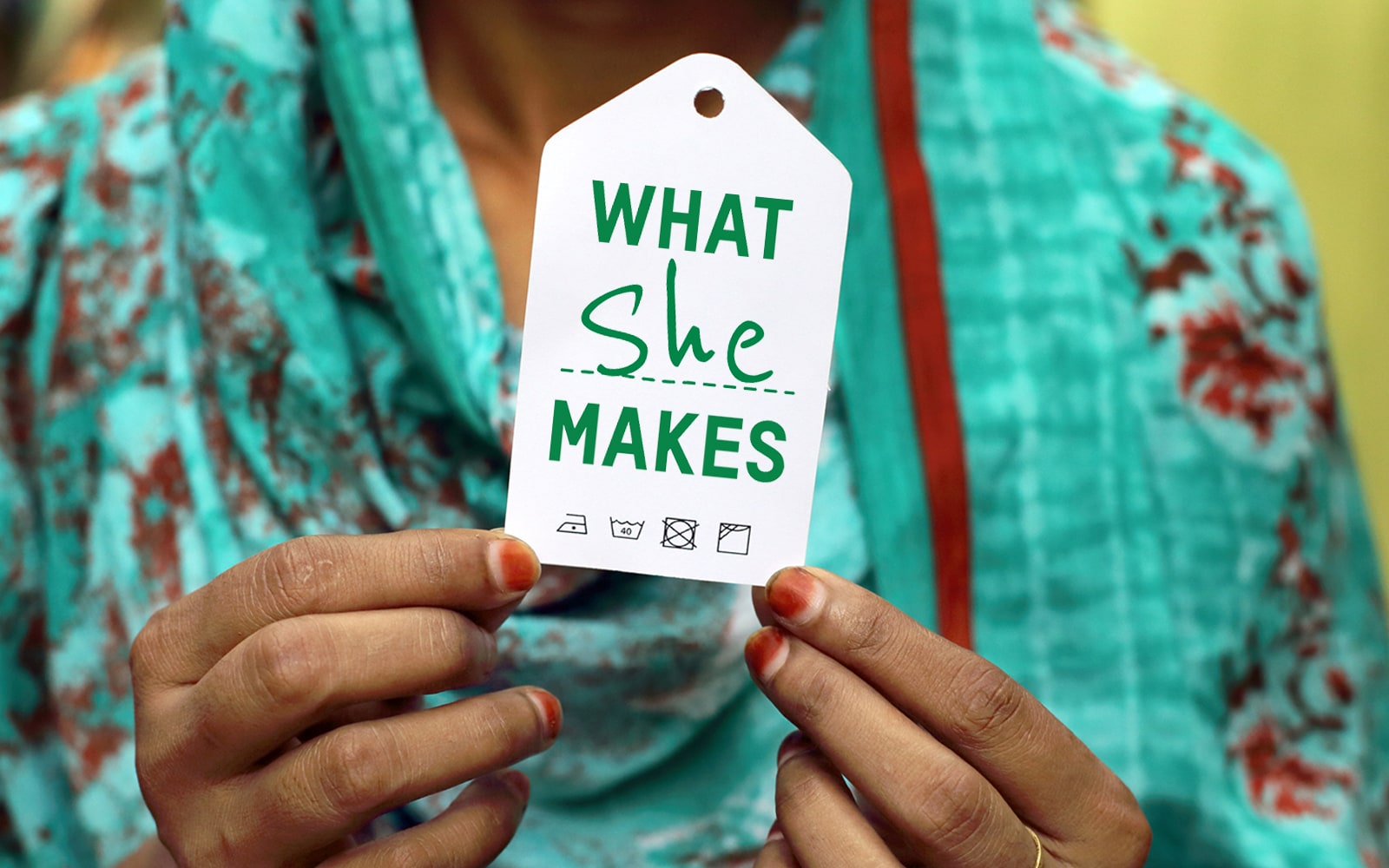
Report: Not Even the Bare Minimum
(opens in new window)This report focuses on Bangladeshi garment workers wages and the responsibility of Canadian brands to advocate for a living wage in their supply chains.
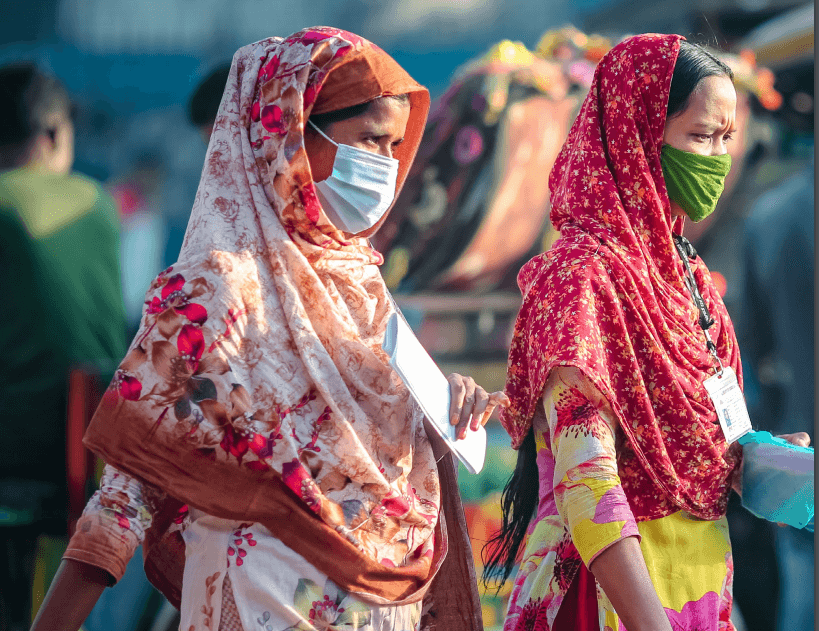
Report: Hunger in the Apparel Supply Chain
(opens in new window)This research report presents the findings of a survey of 396 garment workers across 158 factories in nine countries, undertaken between August and September 2020. It shows how garment workers’ food security has deteriorated during the pandemic.
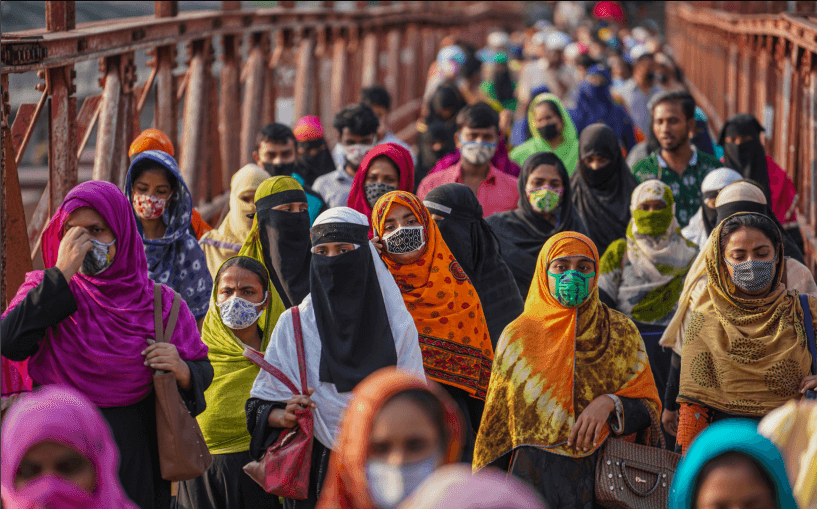
Report: Still Underpaid
(opens in new window)The COVID-19 crisis is far from over for garment workers. This Clean Clothes Campaign research from July 2021 shows that garment workers globally are owed 11.85 billion USD in unpaid income and severance from March 2020 to March 2021.
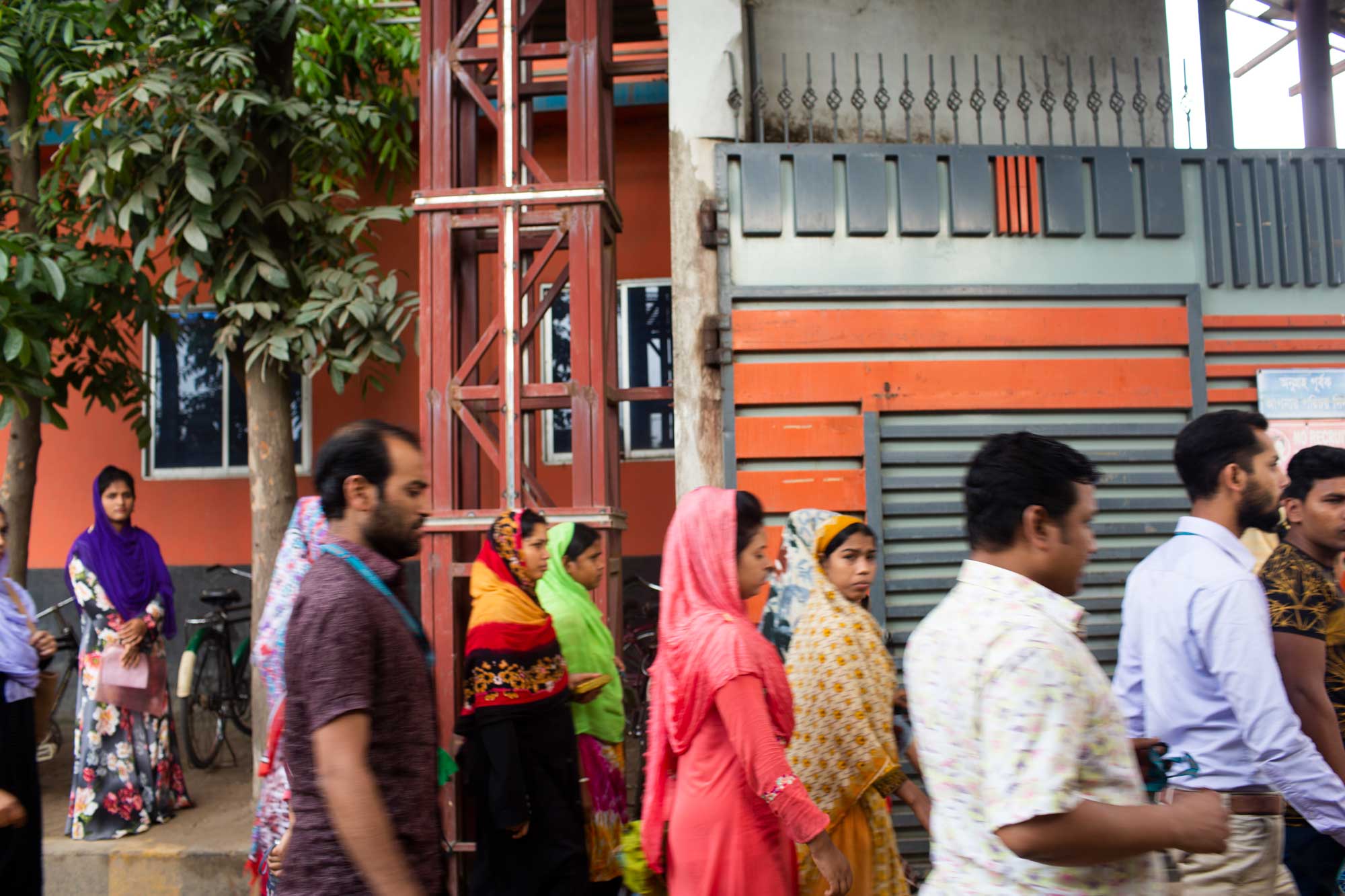
2021 Fashion Transparency Index
(opens in new window)This year, 250 of the world’s largest fashion brands and retailers were reviewed and ranked according to what information they disclose about their social and environmental policies, practices and impacts, in their operations and supply chain.
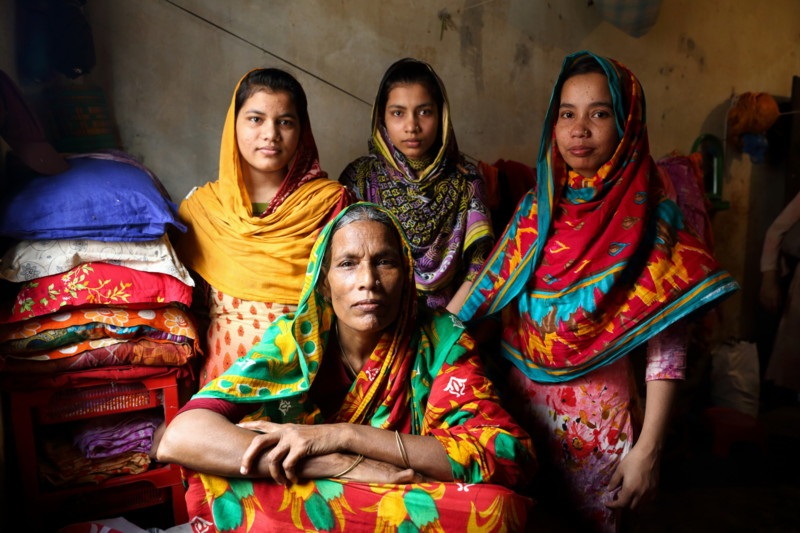
Economy & COVID-19: Twin Train Wrecks for the Women Who Make Our Clothes
(opens in new window)April 24 is the 7th anniversary of Bangladesh's tragic Rana Plaza building collapse, which killed 1,100+ garment workers, mostly women.
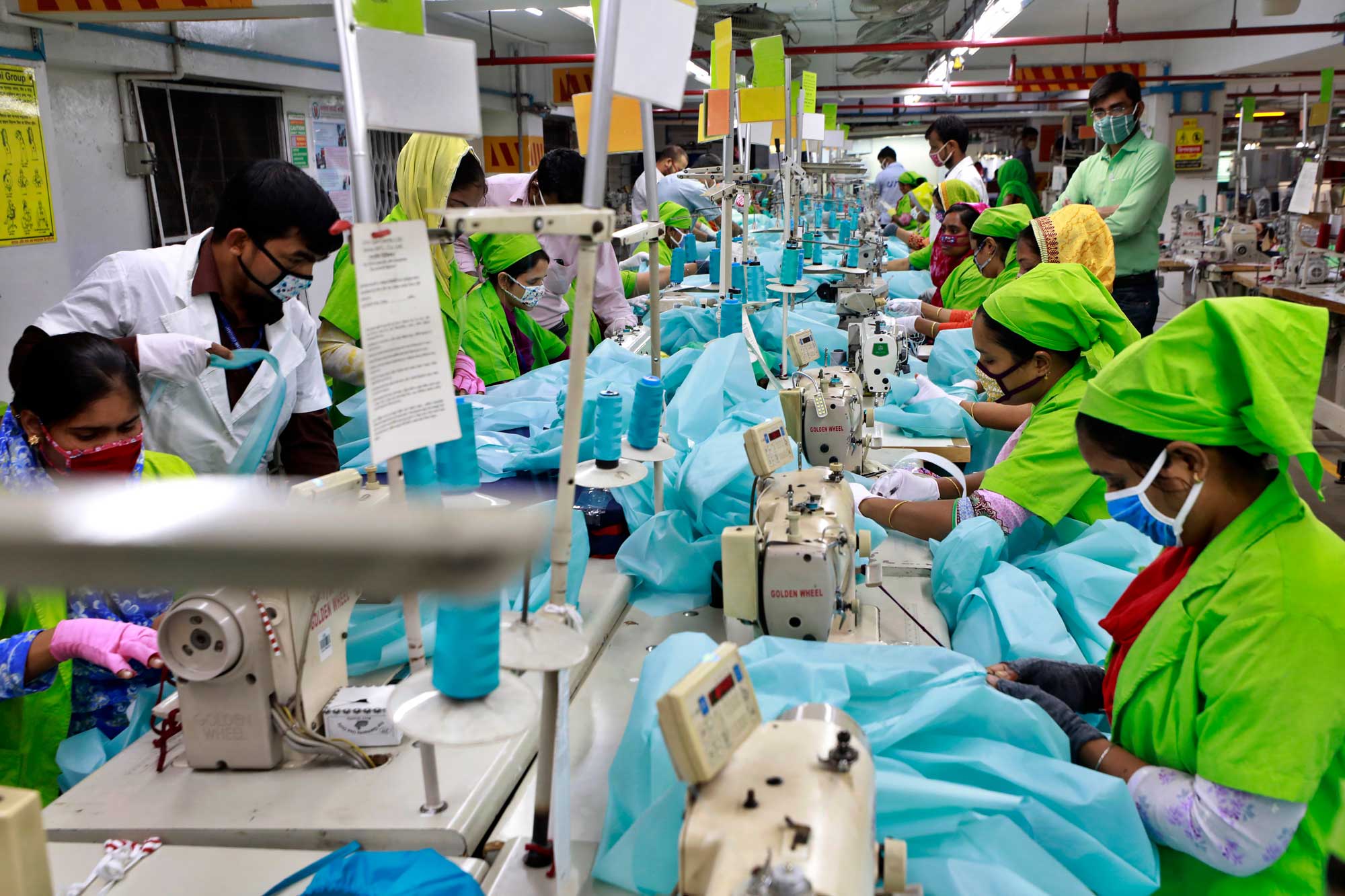
What She Makes: Power and Poverty in the Fashion Industry
(opens in new window)Read Oxfam Australia's powerful report on just how little the women in the garment industry make.
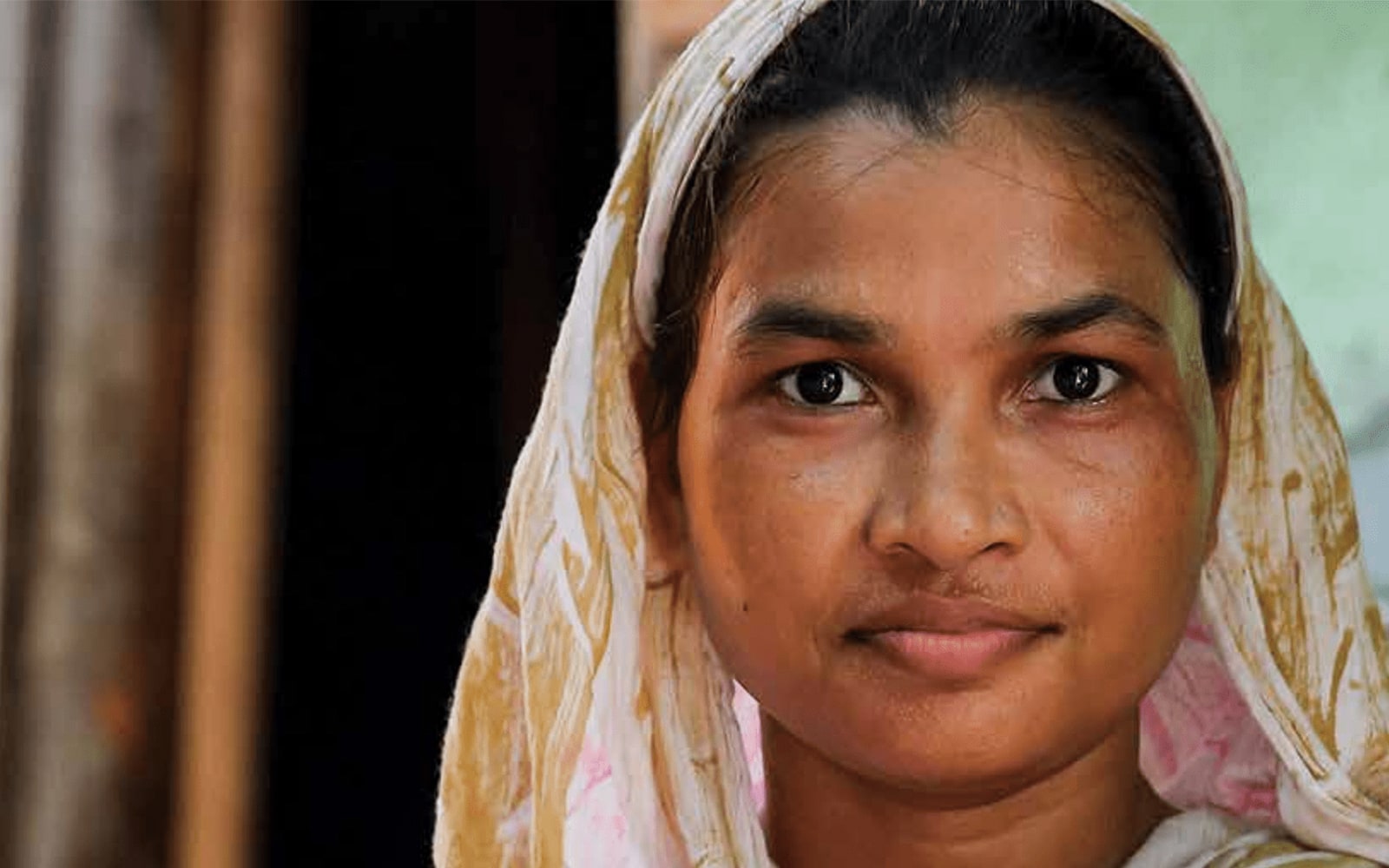
Made in Poverty: The True Price of Fashion
Groundbreaking research from Oxfam Australia showing the impact that low wages has on the lives of the people who make our clothes.
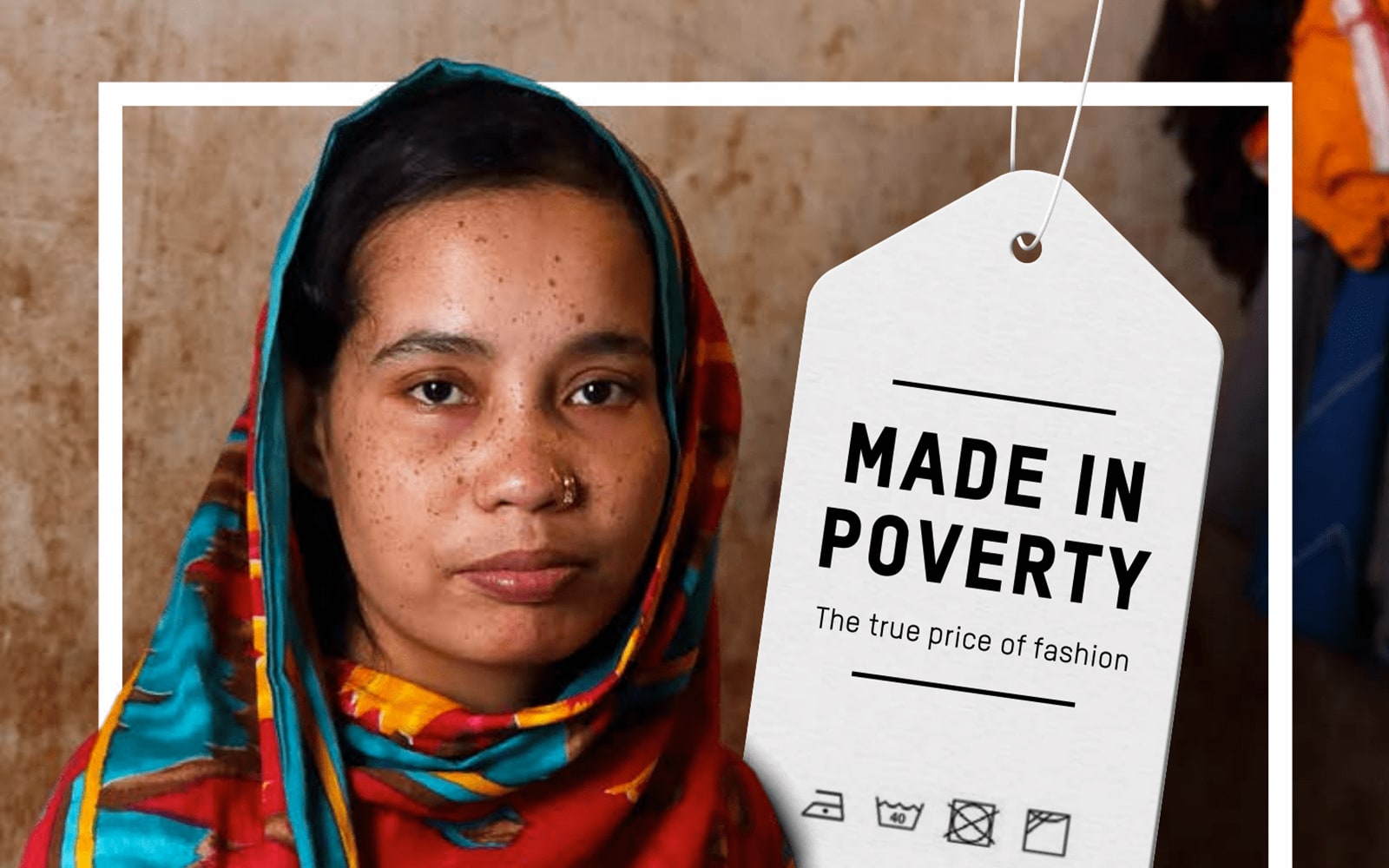
Steps Towards a Living Wage in Global Supply Chains
Almost a century after the ILO Constitution recognized the need for workers to earn a living wage, the question of whether wages enable workers to meet their needs and those of their families has gained renewed momentum.
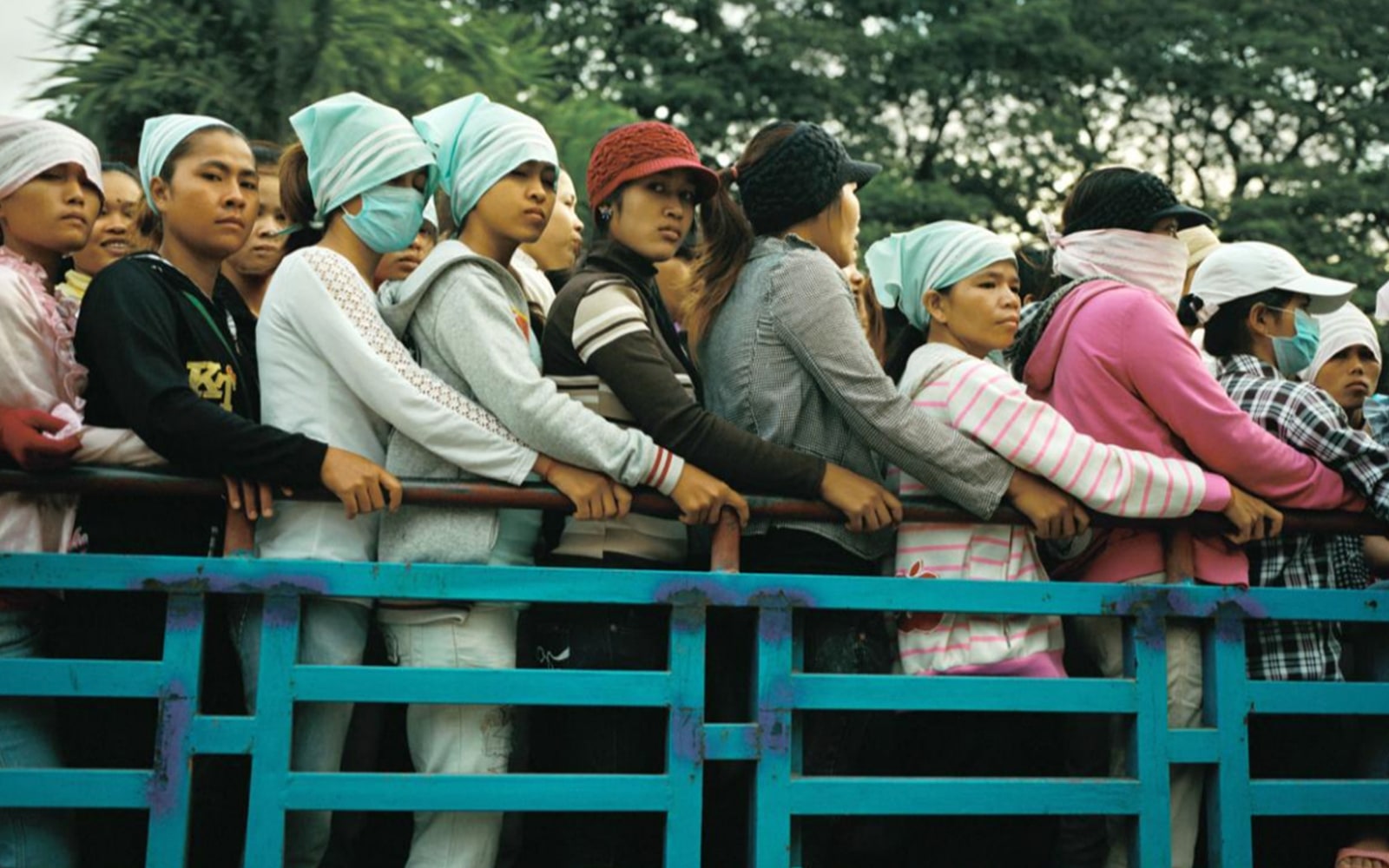
Underpaid and Undervalued: How Inequality Defines Women’s Work in Asia
Rising economic inequality across Asia is threatening poverty reduction and slowing down the fight against gender inequality.
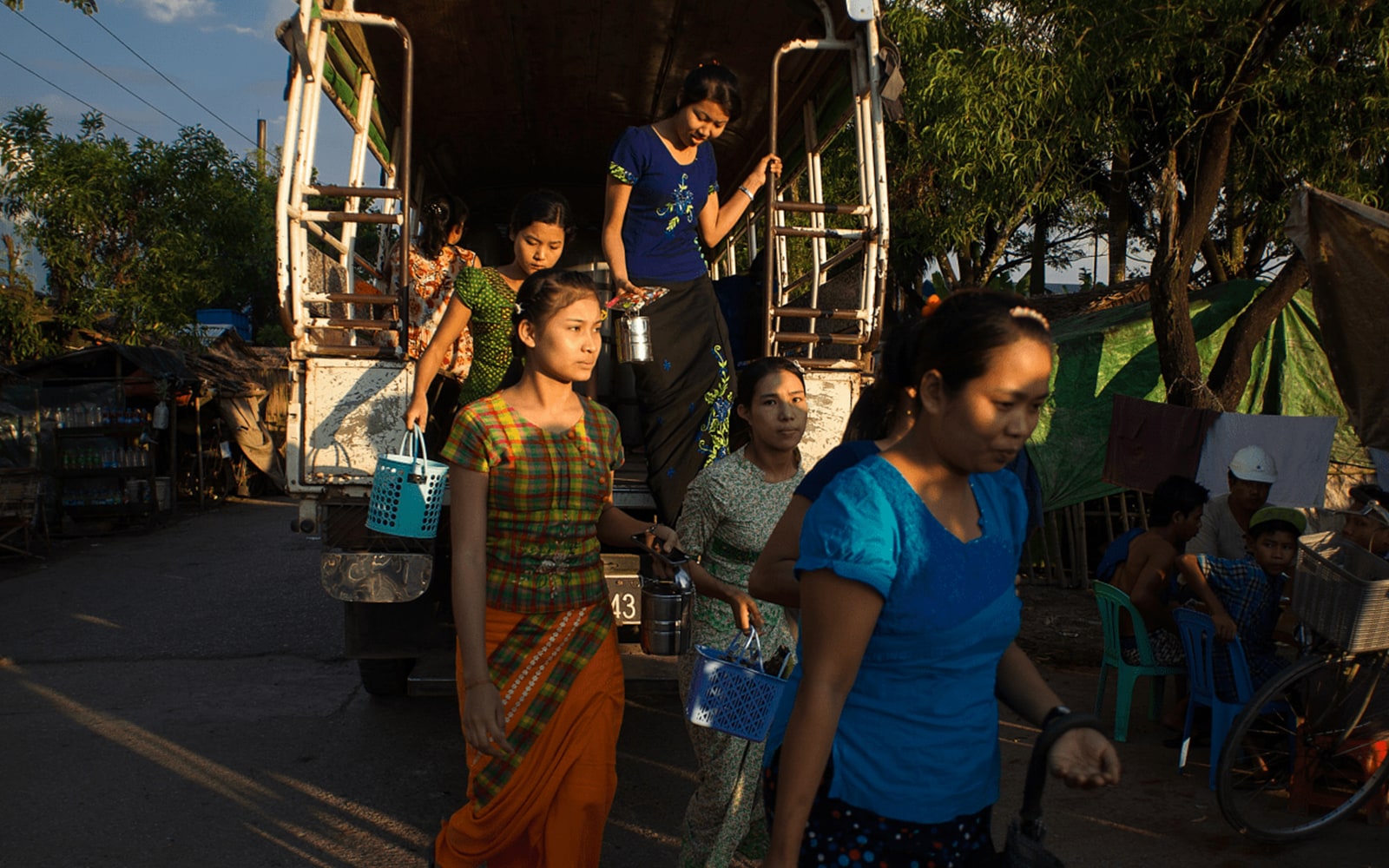
Reward Work, Not Wealth
To end the inequality crisis, we must build an economy for ordinary working people, not the rich and powerful.
